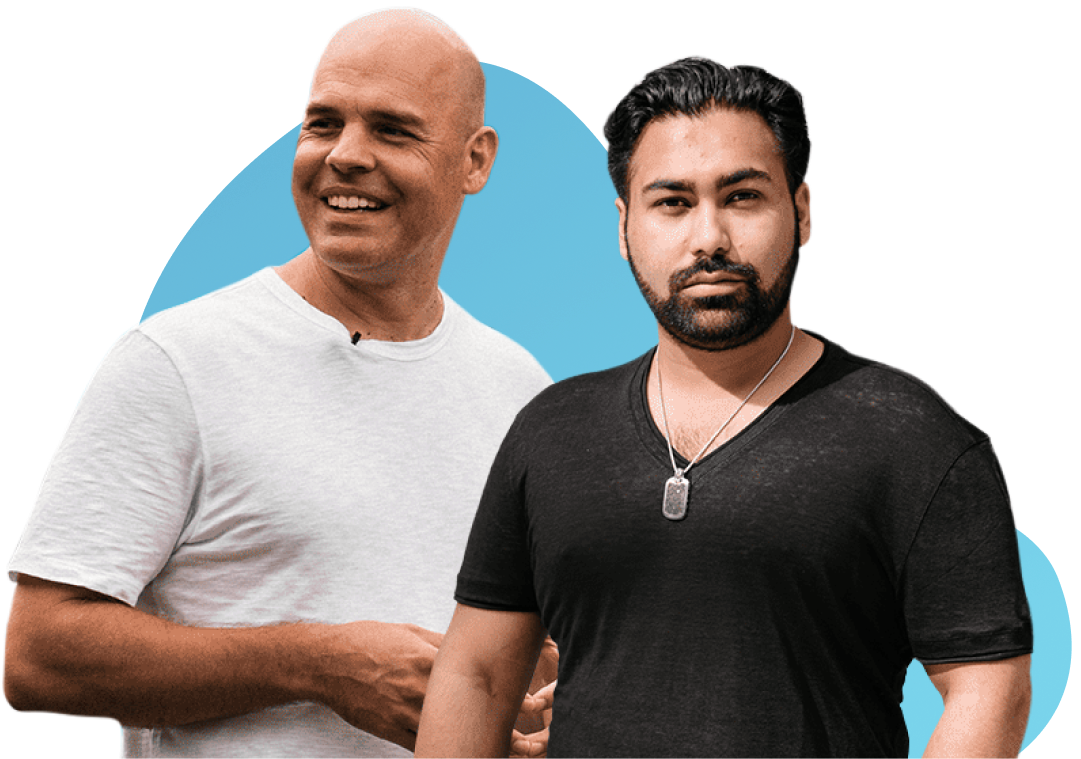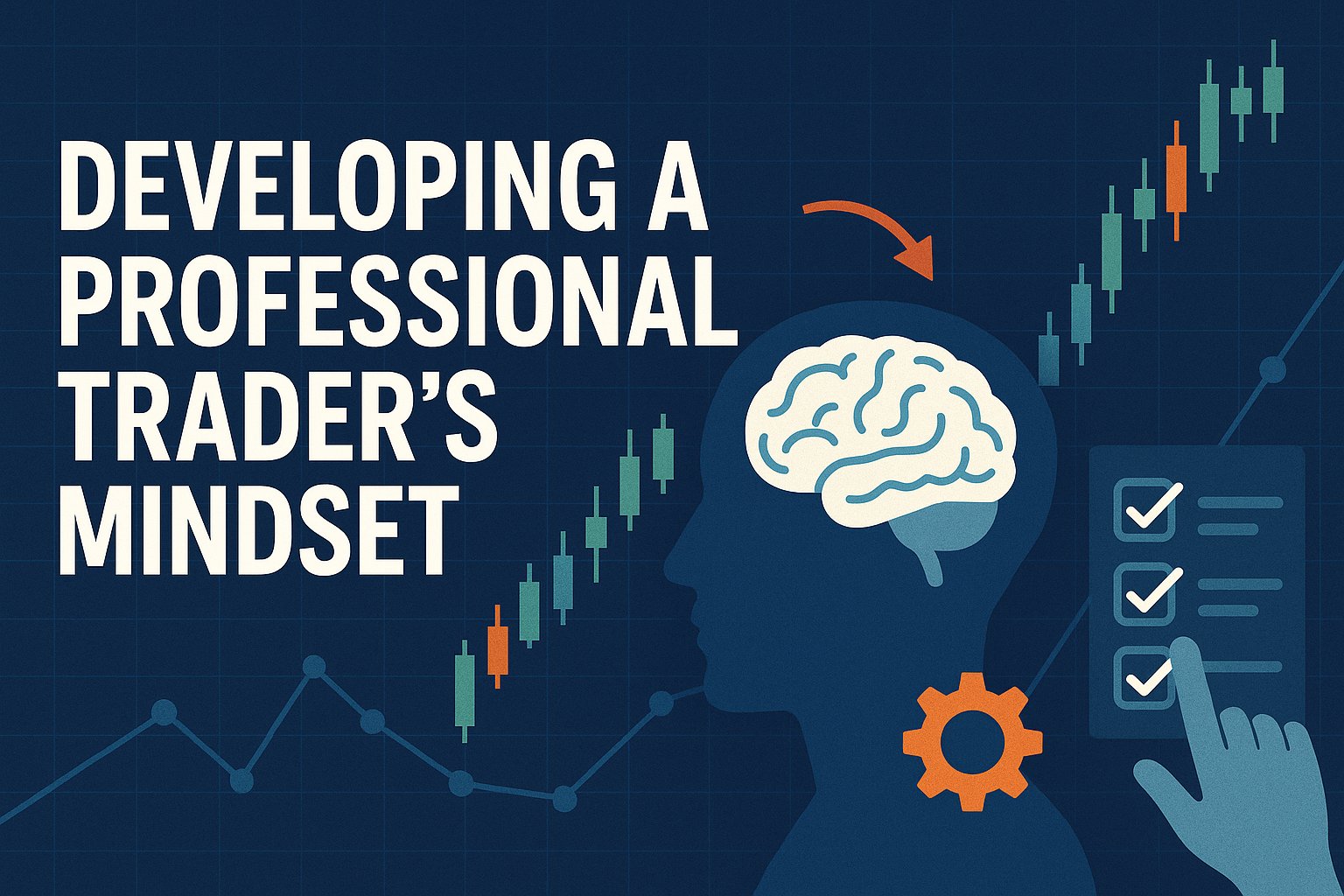Have you ever been holding an open position and thought “I should sell this before the price goes down and my stop is hit”? Do you ever wonder where do those thoughts come from, and how can they be so accurate at times? These thoughts are the realm of intuitive trading. Some traders are more adept to this “behavior style” than others. Usually, traders are portrayed as machines following complicated algorithms that look to eliminate emotions from our trading…and yet, some traders seem to be successful doing things the “intuitive way”. Is there any value on allowing our intuition to permeate our trading?
First and foremost, let me define intuition and then differentiate the good intuition from the bad. The Merriam Webster dictionary defines Intuition as:
1: quick and ready insight 2 a: immediate apprehension or cognition b: knowledge or conviction gained by intuition c: the power or faculty of attaining to direct knowledge or cognition without evident rational thought and inference
Intuition is then the ability to process a large amount of information in a quick and efficient way, coming to conclusions apparently without rational thought. The key word is “apparently”. When you use intuition, you’re not having a vision or an apparition of some spirit. You’re just coming to quick conclusions based on your experience and knowledge.
So, when we discuss the use of intuition as a tool in your trading, you must ask whether you have the necessary experience and internalized knowledge needed to reach such intuitive conclusions. When a trader uses intuition, he might just be letting his emotions govern his activity. Without knowledge and experience, intuitions are just emotions playing with your thoughts. That’s why novice and developing traders benefit from a strict and defined plan, rules, etc. They can’t resort to intuition for their decisions as they lack the internalized knowledge and experience that will allow them in the future to make quick and informed decisions. When a knowledgeable trader comes to the conclusion displayed in the first paragraph of this article, he does it after having processed in a nanosecond thousands of bits of information (Pattern, internals, relative strength etc.) after which he decides that things aren’t working well. A great tool to develop this intuitive aspect of your trading is the knowledge contained in the Professional Trading Strategies Course (PTS).
Dangers of Intuitive Trading for Newer Traders
For newer traders, relying solely on intuition can be particularly hazardous. Without a solid foundation of trading knowledge and experience, intuitive decisions may be driven more by emotions than objective analysis. This can lead to impulsive trades, increased losses, and ultimately, frustration and disillusionment with trading. It’s essential for new traders to focus on learning proven trading strategies and techniques before considering incorporating intuition into their trading approach.
Experienced Traders and the Pitfalls of Intuitive Trading
Even for experienced traders, intuitive trading can pose risks. While seasoned traders may have developed a keen sense of intuition over years of trading, it’s crucial to recognize the limitations of intuition and the importance of objective analysis. Intuition should complement, rather than replace, a well-defined trading plan and disciplined approach. Additionally, relying too heavily on intuition without objective evidence of its effectiveness can lead to overconfidence and complacency, potentially undermining trading performance in the long run.
The Live Traders Approach to Intuitive Trading
Here at Live Traders, we generally DO NOT recommend intuitive trading. However, for those who choose to incorporate intuition into their trading approach, we emphasize the importance of having a track record of success backed by objective results. Intuition should be viewed as a supplementary tool, not a primary method of decision-making. Through continuous education and practice, traders can develop a balanced approach that combines intuition with proven trading strategies, maximizing their chances of success in the markets.





